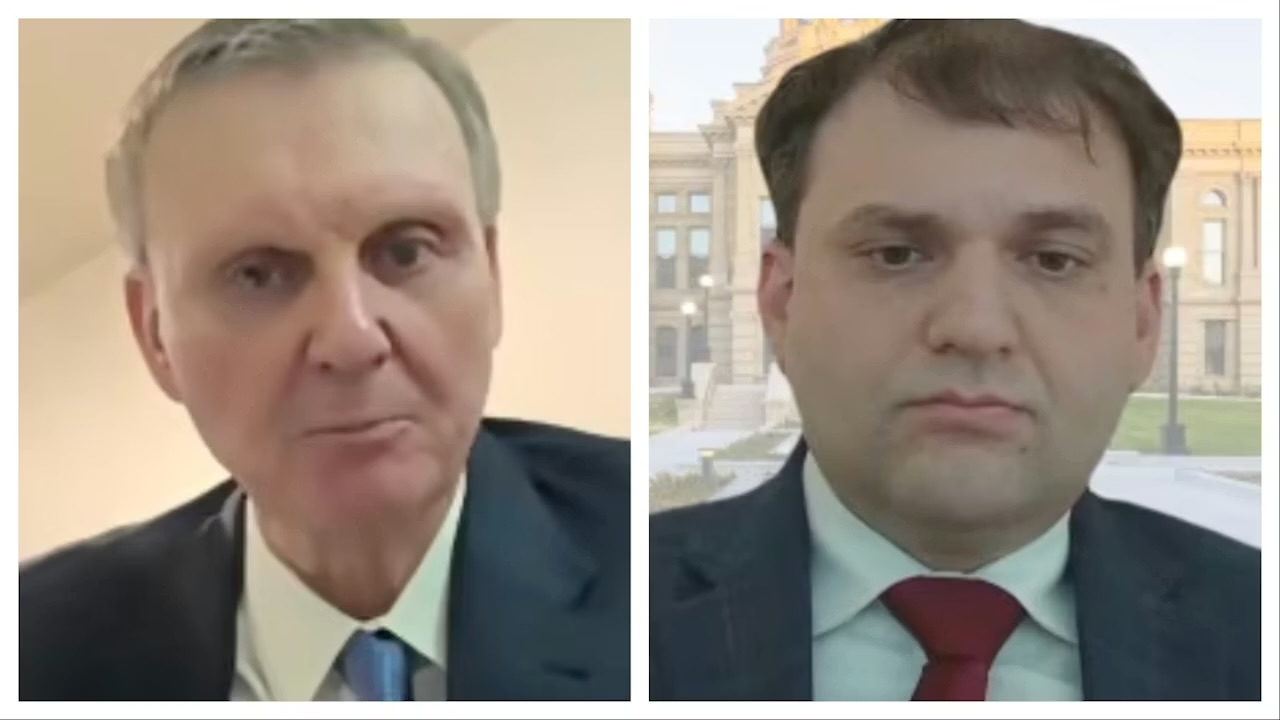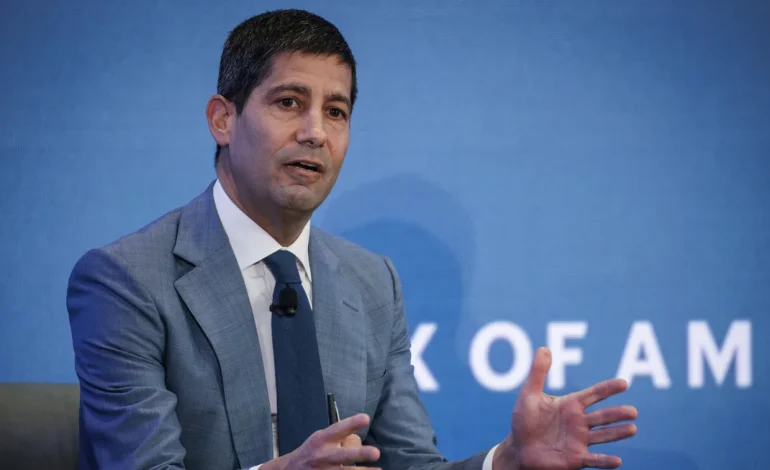In recent months, a heated debate has emerged over whether President Donald Trump’s increasingly vocal criticisms of Federal Reserve Chair Jerome Powell amount to a threat to the central bank’s independence.
As Trump intensifies his public disapproval—at one point stating Powell’s “termination can’t come fast enough”—questions are growing around the constitutional limits of presidential influence on monetary policy and the long-standing norms that support the Fed’s autonomy.
The Federal Reserve, created to operate independently of short-term political pressures, plays a crucial role in managing inflation, employment levels, and overall economic stability. Its structure is designed to ensure that economic decisions are guided by data rather than political expediency. While presidents have historically expressed dissatisfaction with the Fed’s decisions, Trump’s remarks go further than past presidential criticisms, raising the possibility of a direct challenge to the institution’s authority.
According to Peter Conti-Brown, an associate professor at the Wharton School, while Trump does not appear to have the legal authority to fire the Fed chair over policy disagreements, the very act of publicly threatening Powell’s removal sets a troubling precedent.
“This is not just about one person,” Conti-Brown noted in a recent interview. “It’s about the integrity of an institution that underpins the US economy.”
The speculation surrounding Powell’s tenure has intensified with reports that Trump is eyeing former Fed governor Kevin Warsh as a potential successor. Warsh, a former executive at Morgan Stanley and an advisor during the 2008 financial crisis, has voiced strong critiques of recent Fed policy and shares Trump’s concerns about inflation. Warsh’s recent op-ed in The Wall Street Journal criticized the Fed for allowing inflation to rise, attributing it to excessive government spending and overly accommodative monetary policy.
Treasury Secretary Scott Bessent has confirmed that the administration will begin evaluating candidates to replace Powell as his term nears its 2026 conclusion, though some speculate that the process may begin earlier. Warsh’s past roles in both Republican administrations and his views aligning with Trump’s economic perspective make him a likely front-runner.
This potential shift in Fed leadership is not occurring in a vacuum. It follows Trump’s broader pattern of challenging the independence of federal agencies, as seen in his recent removal of officials from the Federal Trade Commission and the National Labor Relations Board. These actions reflect a growing executive willingness to exert control over agencies that have traditionally operated at arm’s length from the White House.
Historically, presidents have attempted to influence Fed policy. Lyndon Johnson and Richard Nixon both pressured their Fed chairs to support policies that would facilitate their domestic agendas. Yet, as legal precedents—most notably a 1935 Supreme Court ruling involving the Federal Trade Commission—have underscored, agency heads cannot be removed merely over policy disagreements. Jerome Powell himself acknowledged this when, during a 2019 congressional hearing, he stated that he would not voluntarily step down before the end of his term, regardless of presidential pressure.
The outcome of this power struggle could have wide-reaching implications. Analysts warn that if markets perceive the Fed as politicized, investor confidence could waver, potentially increasing borrowing costs for the government and households alike. Such a shift could also jeopardize the dollar’s position as the world’s reserve currency.
Still, some argue that the Fed’s independence, while critical, should not shield it from legitimate scrutiny. Critics of Powell’s tenure point to inflationary surges post-pandemic and question the effectiveness of recent interest rate policies. In this view, presidential criticism can be seen not as a threat, but as a form of democratic accountability.
The issue may ultimately come before the Supreme Court, which in recent years has shown skepticism toward limits on presidential removal power. A ruling in this area could redefine the relationship between the executive branch and independent regulatory agencies.
NPR, CNN, and the New York Times contributed to this report.










The latest news in your social feeds
Subscribe to our social media platforms to stay tuned